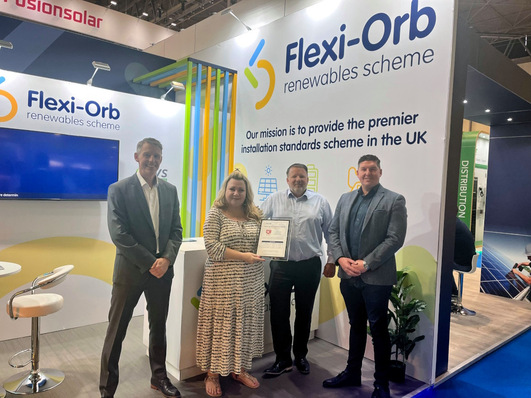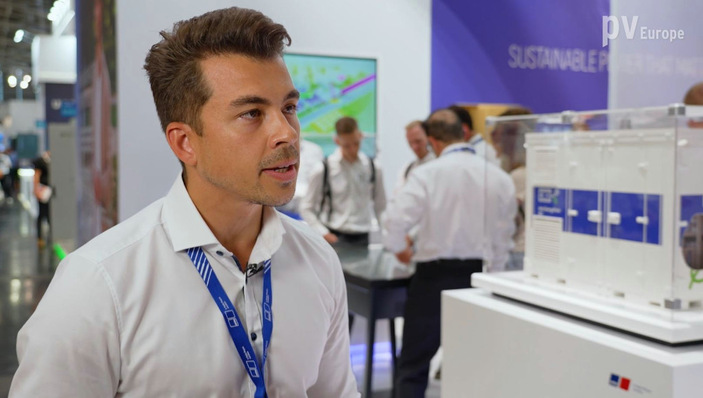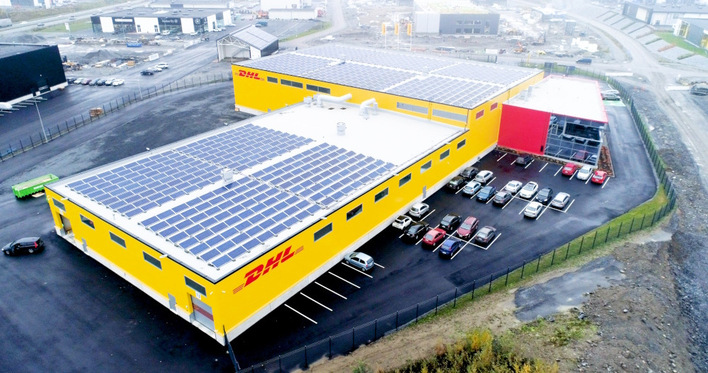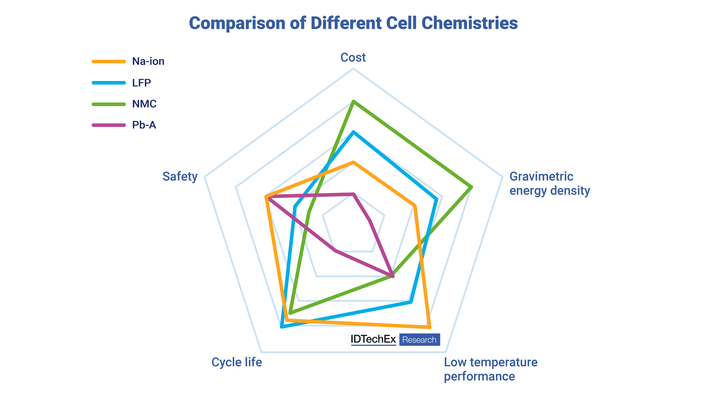The test guidelines for Li-Ion residential battery storage systems are to be presented at the latest at Energy Storage Europe in Duesseldorf in middle of March, Martin Rothert, Head of Product Management at SMA, told pv Europe.
Standardized measuring procedures for control accuracy, reaction speed and efficiency
For the first time in Europe, it establishes standardized measuring procedures for the efficiency, control accuracy, reaction speed and standby losses of battery memories. It was developed by the Forum Network Technology and Network Operation (FNN) of the Association for Electrical, Electronic & Information Technologie (VDE) and the German Energy Storage Association (BVES). Several manufacturers, test institutes such as the AIT Austrian Institute of Technology, the German Solar Industry Association (BSW-Solar) and the University of Applied Sciences (HTW) Berlin are involved.
Better selection critera also for installers
"We want to provide installers with better selection criteria for home battery storage and improve quality," said Rothert pv Europe. Six to seven manufacturers have already announced their intention to join the initiative and to publish corresponding product specifications in the future. Rothert also promises a signal to the European industry.
Make trickle charging comparable
For example, the efficiency guidelines for the first time should also make the maintenance charging of Li-Ion battery systems comparable. According to Rothert, this is currently 0 to 5 percent of the intermediate energy stored. "However, 1-2 percent will also be necessary in the future", says Rothert. Rothert also seeks to improve the design of the interfaces of smart meters. With a measuring frequency of two to four seconds, they are too slow to connect efficient battery systems to control flexible loads in the home area.
Measuring concepts for multiple use still too expensive
Progress he sees in the field of technically suitable measuring concepts for the multiple use of battery storage systems for self-consumption and control energy supply, neighborhood concepts or virtual storage. However, these are usually still "relatively expensive and elaborate", Rothert says.
25,000 new residential battery storage systems in 2017
Around 60,000 lithium-ion household battery systems are currently installed in Germany, mostly in combination with a photovoltaic system. For 2017 the German Energy Storage Association expects an increase of about 25,000 residential battery storage systems, says Managing Director Urban Windelen.
Together with other associations, he called yesterday at an expert meeting in Berlin for the creation of an independent storage law in order to advance the market. Because the current legal regulation for stationary and mobile storage, not only in Germany, is so complicated that even lawyers are confused. (HCN)
Stay informed, get our weekly newsletter. Register here: http://www.pveurope.eu/Newsletter
Related news:
http://www.pveurope.eu/News/Energy-Storage/Energy-storage-our-insight-stories-at-a-glance







